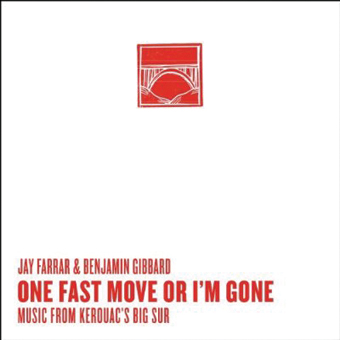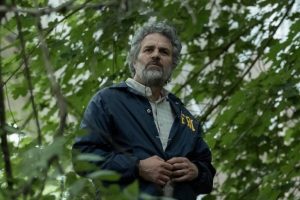Jay Farrar and Ben Gibbard (F-Stop/Atlantic Record/2009)
Since his death in 1969, beat novelist Jack Kerouac has become a pop-culture perennial. Each generation of young rebels lays claim to his restless spirit, while a few sad cases also imitate his drinking to no good end. This album represents yet another change of the beatnik guard as Ben Gibbard of indie rock groups such as Postal Service and Death Cab for Cutie and Jay Farrar of the alt-country bands Uncle Tupelo and Son Volt set to music passages from Kerouac's novel Big Sur (Penguin).
Musical Kerouac projects are nothing new, but previous ones have all involved jazz. Here Farrar, who did most of the songwriting, uses the more limited palettes of blues and country to convey Kerouac's Buddhist-Catholic mystical raptures and his alcoholic jags of despair. Gibbard's main contribution is his voice, a soaring tenor that corrals the ecstasies, while Farrar's rumble reaches down for the author's rock bottom.
If you listen to any music programs on National Public Radio, you've probably heard "These Roads Don't Move," a tune in which strumming acoustic guitar and whining pedal steel sound like the Great Plains rolling past a car window. Meanwhile Gibbard croons Kerouac's vision of "autumn America" with "simple golden eternity blessing all." At the other end of the sonic spectrum, on "Final Horrors," over a slow and menacing blues riff, Farrar recites passages from Kerouac's bottoming out in a "Frisco skid row hotel room," where the writer claims he "feels like I've betrayed my very birth."
One Fast Move began as soundtrack music for a documentary film of the same name about the writing of Kerouac's novel. The book dates from the early 1960s, when Kerouac went West to a friend's cabin to try and dry out once and for all. The glories and horrors found in this music reflect that process. But in the end the blues won out. Kerouac couldn't find his way free and drank himself to death at age 47.














Add comment